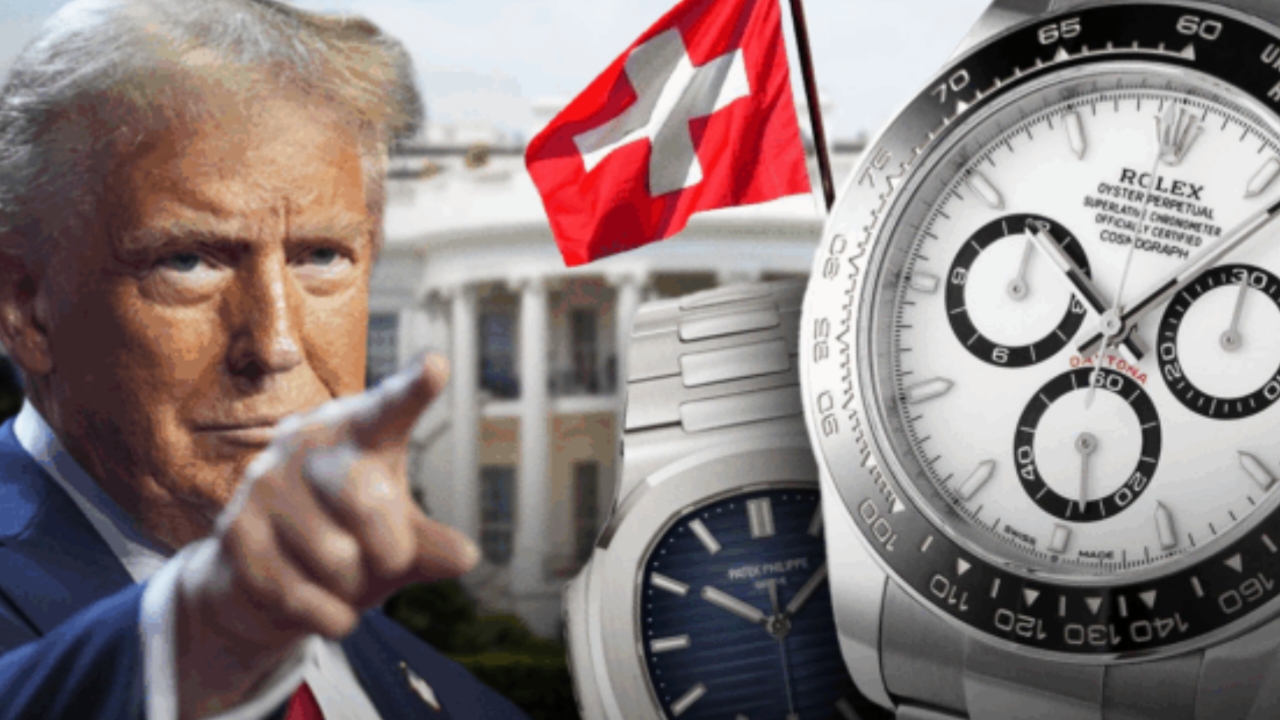President Donald Trump’s sweeping tariffs have sent shockwaves across the global trade landscape, leaving governments scrambling to negotiate favorable deals. Some countries have managed to soften the blow — the United Kingdom secured a 10% tariff deal, while the European Union followed closely with a 15% rate.
These new rates are still higher than before Trump’s so-called “liberation day”, but many view them as a relief compared to the feared extremes.
However, Switzerland hasn’t been as fortunate. The country faces a punitive 39% tariff, with little progress made in convincing Washington to reconsider. Not being a member of the EU, Switzerland cannot benefit from the Brussels-negotiated deal.
Despite this setback, Switzerland remains one of the world’s most competitive and innovative economies and a major investor in the US, supporting an estimated 400,000 American jobs. Swiss business leaders find the US approach both unjustified and puzzling, given the two nations’ strong economic ties.
Pharmaceuticals stand as Switzerland’s most valuable export to the US — and while they currently escape the 39% tariff, they face a new threat: Trump’s proposed 100% tariff on imported medicines. Such a move could deal a heavy blow to the industry.
Another key export sector, medical technology, has also been affected. Rooted in Switzerland’s renowned watchmaking tradition, this precision-driven industry now faces new challenges in maintaining its competitiveness abroad.
“It’s precision mechanics, it has its roots in the watchmaking industry,” says Adrian Hunn, Managing Director of Swiss Medtech, the association representing Switzerland’s medical technology companies.
Having lived in the United States for six years, Hunn adds,
“This hasn’t changed my view of America, but it has changed how I see the current administration’s global actions and how it treats allies.”




